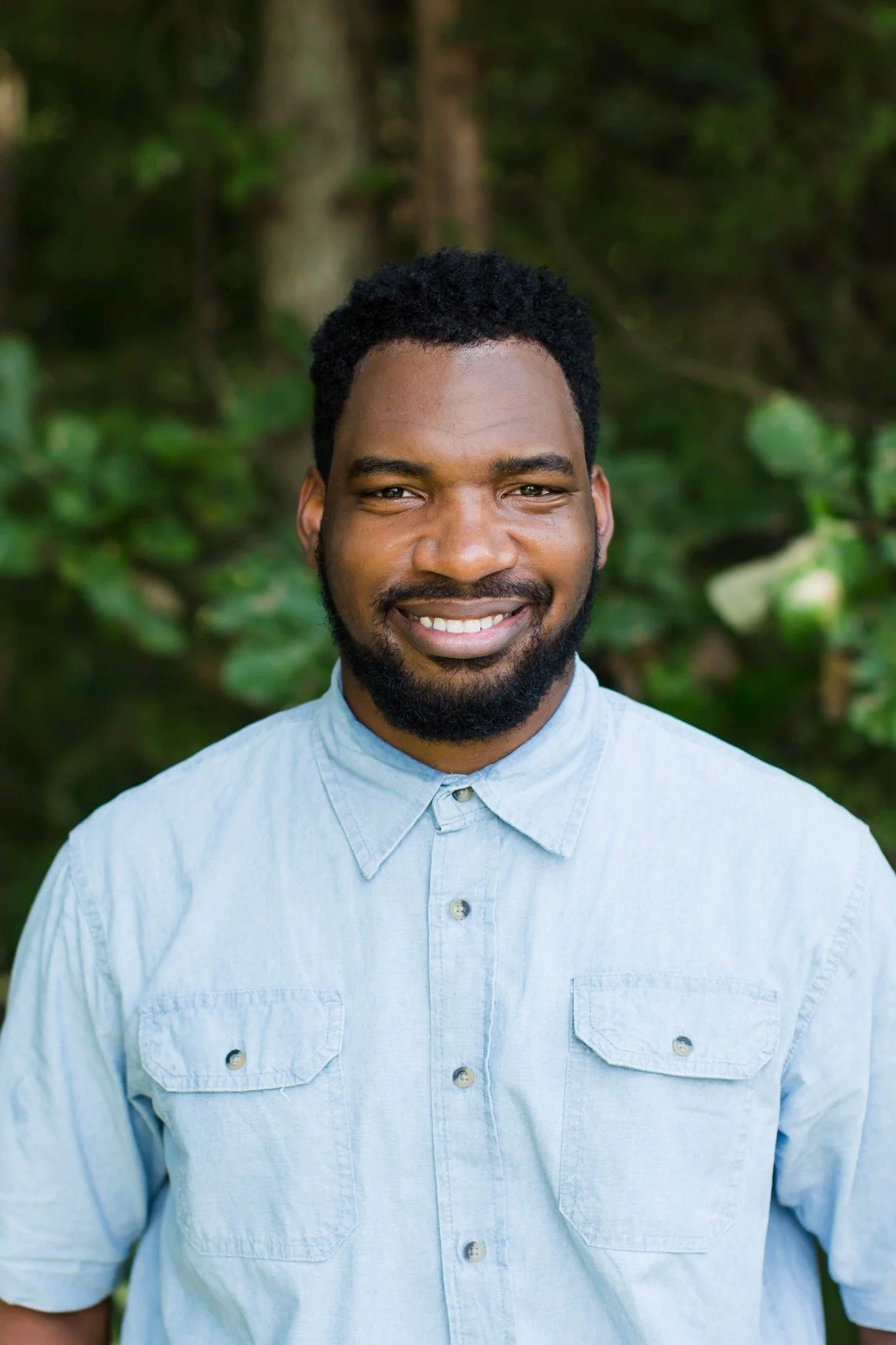Help me Obi Wan Kenobi…
One of the reasons I share these stories each week is to encourage each of you to imagine yourselves in these sacred stories and invite them to work in your life. I want to encourage each of you to write your own Sacred Narratives. Embodying the Spirit of this, I’ve invited some guest bloggers to share their narratives with you. Darren Sorrels is our first guest! I’m excited to share his voice with you. Thanks to Darren for sharing!
-Rachel
Welcome Darren Sorrels!
Darren is a devoted husband and loving dad of two, a pop culture enthusiast, and a master of puns. He's navigating parenthood with a blend of love and resilience, he (tries to) bring humor to every moment.
Narrative telling of 1 Samuel 1 – 4
Now, let's dive into the story about Samuel becoming a priest. At this time, there's a priest named Eli, running the temple in Shiloh. His sons, Hophni and Phineas, aren't great, but Samuel, the wunderkind, rises quickly.
Samuel's remarkable story starts with his mother.
Looking deeper at Hannah’s part in the story, we find her in the sacred precincts of the temple; we meet Hannah, a woman whose heartache reverberates through the ages. Barren and burdened, she turns to the Divine in a prayer that transcends spoken words. Hannah's heart prayer sets the stage for a divine response that will shape the course of history. Hannah made a deal to give that child to service in the temple their whole life. God accepted the deal, and Samuel was born. Hannah kept her promise, offering Samuel to the priesthood.
Fast forward, a very young Samuel is in the temple, outshining Hophni and Phineas, who are just the worst and most corrupt you can imagine. God tells Eli they're done, and their days are numbered.
Eli shoulders the weight of both priestly duties and the moral failings of his sons, Hophni and Phinehas. I can only imagine the struggle between being a good priest and being a good parent. On a good day, I struggle with being a good dad, husband, and worker, and my job is nothing like the priesthood.
One night, Samuel hears his name, thinking Eli needs him for something. After a few times of this, Eli realizes it's God calling Samuel. Samuel finally says to God “Ok, I am listening now", and God reveals big plans for Israel but also tells this kid what’s going to happen to his mentor and his sons. Most important in this scene is the intimacy that God is sharing with Samuel. He’s coming near to him in the sacred space of his representative dwelling but also literally.
Later, Samuel grows into a prophet. Israel faces issues with the Philistines, and Eli's sons meet their fate due to their actions as promised.
So here have Samuel, he’s born into the priesthood and is a child of a miracle. Then, to top things off, he’s one of the few people to hear God’s voice in ages - talk about pressure!
I empathize with Samuel's pressure to do what's right amid corruption. I’ve had my fair share of moments where I’ve been in jobs where I seemed to be the only one caring to do what was right. Now, I’m by no means saying I’m anywhere near as worthy as Samuel was in his situation. I’m merely saying I can understand behind his seemingly calm exterior in the story it might have been a little chaotic and uncertain.
I was talking the other day with my friend about how Samuel was kind of like Obi-Wan Kenobi from Star Wars in his day.
Hear me out, he was able to sense things that his religious establishment couldn’t, and at a young age. He went on to continue fighting to change things for the better despite the growing corruption all around him. Despite all that, he fulfills God's call on him, and for that, he has high regard in my book as I read through his life.
I appreciate you reading this and I encourage you to look through the passage of 1 Samuel chapters 1,2,3 and 4 and discover your own perspective on this narrative filled with prayer, accountability, successes and failures, and divine guidance from our Creator.
Did you love what you read? Check out this podcast that Darren and I recorded a few months ago!

